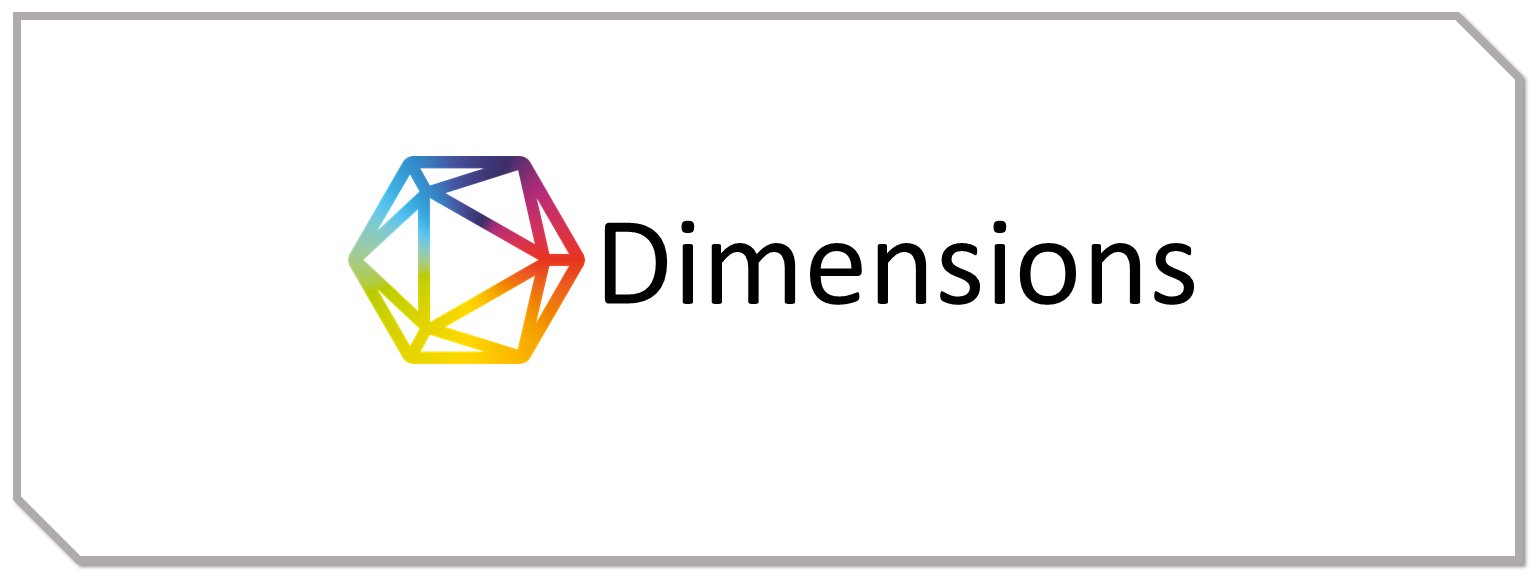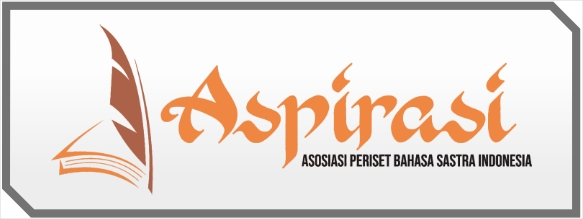Pengaruh Perkembangan Teknologi Terhadap Kurangnya Literasi Budaya Dan Kewarganegaraan Siswa SD
DOI:
https://doi.org/10.55606/cendikia.v4i1.2385Keywords:
Technology, Education, Civic Cultural LiteracyAbstract
This article explores the impact of technological advances on elementary school students' cultural and civic knowledge. Even though it provides broad access to information, the negative impacts of technology such as social isolation and lack of direct interaction with cultural diversity make understanding cultural values and citizenship difficult. Reduced social engagement is also a challenge, limiting students' role as active citizens. The proposed solution involves collaboration between teachers, parents, and communities to create an educational environment that balances technology and hands-on experiences grounded in cultural and civic values. This article emphasizes the importance of preparing elementary school students to acquire strong cultural knowledge and a deep sense of citizenship, helping them become active and responsible members of society.
References
Suastra, I Wayan. (2009). Pembelajaran Sains Terkini”. Singaraja: Universitas Pendidikan Ganesha.
Barnawi & Arifin, (2016). Strategi & Kebijakan Pembelajaran PENDIDIKAN KARAKTER. Jogjakarta: Ar-Ruzz Media
Ihsan, H. Fuad. (2005). Dasar-Dasar Kependidikan. Jakarta: PT Rineka Cipta Nurlinasari, L., & Hamid, S. I. (2018). the Effectiveness of Critical Multiliteracies Model in
Improving Elementary Students ’ Civic Literacy on the Civic Education Subject Efektivitas Model
Multiliterasi Kritis Dalam Mengembangkan Civic Literacy Siswa Sd Pada. 18(2), 9–18
Muhali, M. (2019). Pembelajaran Inovatif Abad Ke-21. Jurnal Penelitian Dan Pengkajian Ilmu Pendidikan: E-Saintika, 3(2), 25. https://doi.org/10.36312/e-saintika.v3i2.126
Dewi, F. (2015). Proyek Buku Digital: Upaya Peningkatann Keterampilan Abad 21 Calon Guru Sekolah Dasar Melalui Model Pembelajaran Berbasis Proyek. Metodik Didaktik Vol. 9, No. 2, 9, 220–224. https://doi.org/10.1037/10522-098
Wantoro, J., Sutama, S., Zuhriah, S., & Hafida, S. H. N. (2019). Pengembangan Instrumen Penilaian Pendidikan Profesi Guru Sekolah Dasar Bebasis Hots. Profesi Pendidikan Dasar, 1(1), 11–20. https://doi.org/10.23917/ppd.v1i1.8453
Morgan, L. (2016). Developing Civic Literacy and Efficacy: Insights Gleaned through the Implementation of Project Citizen. I.E.: Inquiry in Education, 8(1), 3.
Raharjo, R., Armawi, A., & Soerjo, D. (2017). Penguatan Civic Literacy Dalam Pembentukan Warga Negara Yang Baik (Good Citizen) Dan Implikasinya Terhadap Ketahanan Pribadi Warga Negara Muda (Studi Tentang Peran Pemuda HMP PPKn Demokratia pada Dusun Binaan Mutiara Ilmu di Jebres, Surakarta, Jawa Tengah. Jurnal Ketahanan Nasional, 23(2), 51. https://doi.org/10.22146/jkn.26457
Octavialis, N., & Ananda, A. (2021). Pembinaan Literasi Kewarganegaraan di SMP Negeri 11 Padang. 4(2), 122–128.
Morgan, L. A. (2016). Mengembangkan Civic Literacy and Efficacy : Wawasan yang Didapatkan Melalui Implementasi Project Citizen Mengembangkan Civic Literacy dan Efficacy Wawasan yang Didapatkan Melalui Implementasi Proyek. 8.
Queiruga-Dios, M. Á., López-Iñesta, E., Diez-Ojeda, M., Sáiz-Manzanares, M. C., & Dorrío, J. B.
V. (2020). Citizen science for scientific literacy and the attainment of sustainable development goals in formal education. Sustainability (Switzerland), 12(10). https://doi.org/10.3390/su12104283
Downloads
Published
How to Cite
Issue
Section
License
Copyright (c) 2023 Rizki Ramdani, Dinie Anggraeni Dewi , Rizky Saeful Hayat

This work is licensed under a Creative Commons Attribution-ShareAlike 4.0 International License.






















